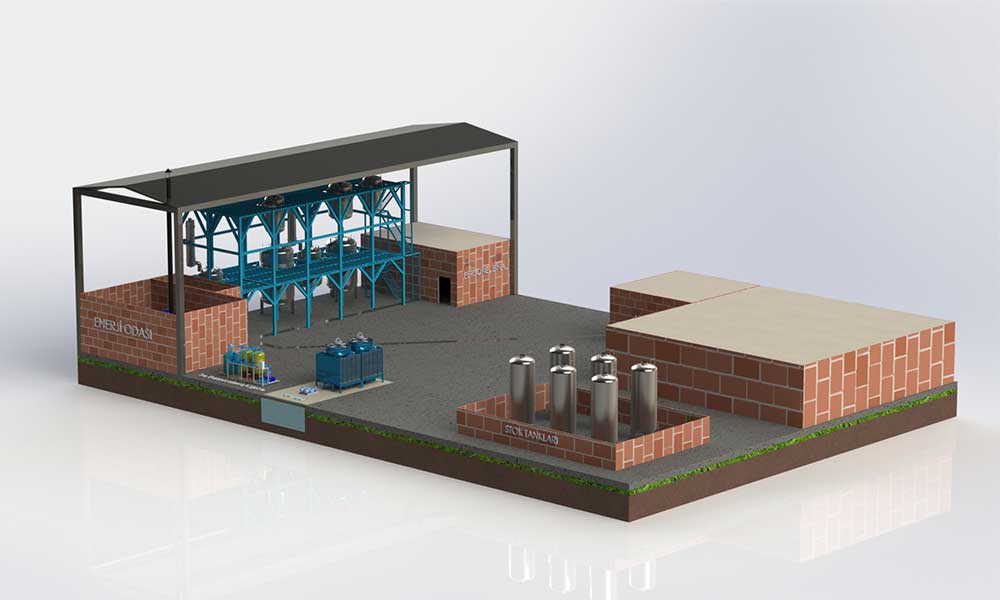
Overview
Poly(Methyl Methacrylate) (PMMA), also known as acrylic or plexiglass, is a transparent thermoplastic polymer obtained by polymerizing Methyl Methacrylate (MMA).
- Up to 92% light transmission – comparable to glass.
- Lightweight & durable – impact resistant and scratch resistant.
- Weather-resistant – UV and outdoor stability.
- Dimensional stability – retains shape under stress and heat.
Its unique combination of optical clarity, strength, and reliability makes PMMA a superior alternative to glass in industrial and commercial applications.
Technical Specifications
- Form: Liquid
- Color: Milky
- Ionic Character: Anionic
- Charge Density: Low
- Molecular Weight: Medium
- Specific Gravity: 1.05
- Average Non-Volatile Solids (%): 28 – 32
- pH: 2.5 – 3.5
- Bulk Viscosity (cP): 10 – 60
- Storage Temperature (°C): 5 – 35
- Shelf Life (months): 12
Key Properties of PMMA
- High Transparency: Up to 92% optical clarity.
- Durability & Hardness: Excellent scratch and impact resistance.
- Weather Resistance: Withstands UV and atmospheric conditions.
- Low Water Absorption: Suitable for humid or wet environments.
- Dimensional Stability: Consistent performance under stress.
Applications of Poly(Methyl Methacrylate)
- Automotive: Headlights, dashboards, interior panels.
- Optical & Eyewear: Lenses, safety glasses, optical parts.
- Construction & Architecture: Skylights, partitions, windows.
- Signage & Advertising: Displays, illuminated signs, panels.
- Medical & Dental: Dental appliances, lab instruments, barriers.
- Electronics & Technology: Screens, covers, light-guiding components.
- Aerospace: Transparent panels, cockpit windows.
- Art & Design: Furniture, sculptures, premium design elements.
Frequently Asked Questions
Is polymethyl methacrylate PMMA or acrylic?
Yes, PMMA is commonly known as acrylic or plexiglass.
What is the difference between PMMA and MMA?
- MMA: Methyl Methacrylate, the liquid monomer.
- PMMA: Poly Methyl Methacrylate, the solid polymer.
Is PMMA safer than MMA?
Yes. PMMA is a stable, non-toxic polymer, while MMA is volatile and hazardous in liquid form.
Is acrylic (PMMA) recyclable?
Yes, PMMA is recyclable and can be converted back into MMA for reuse.
Technical Keywords
- Poly(Methyl Methacrylate) Formula: (C₅O₂H₈)ₙ
- Molecular Weight: Medium (varies by grade)
- Monomer: Methyl Methacrylate (MMA)
- PMMA Uses: Automotive, medical, optical, signage, construction, electronics
- PMMA SDS: Available upon request
- PMMA vs Acrylic: PMMA is acrylic (same material, different naming).
Work With Atommek
At Atommek, we deliver premium PMMA solutions designed to meet industrial needs across multiple sectors.
- ✅ Request a Quote – Tailored PMMA supply solutions.
- ✅ Consult Our Experts – Support from material and process engineers.
- ✅ Explore Applications – Unlock new opportunities with PMMA.